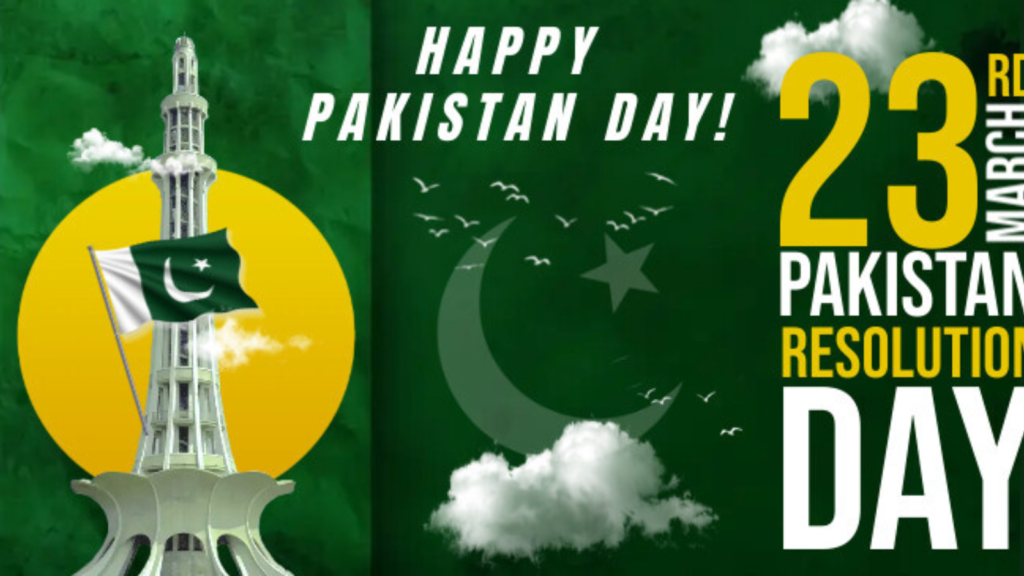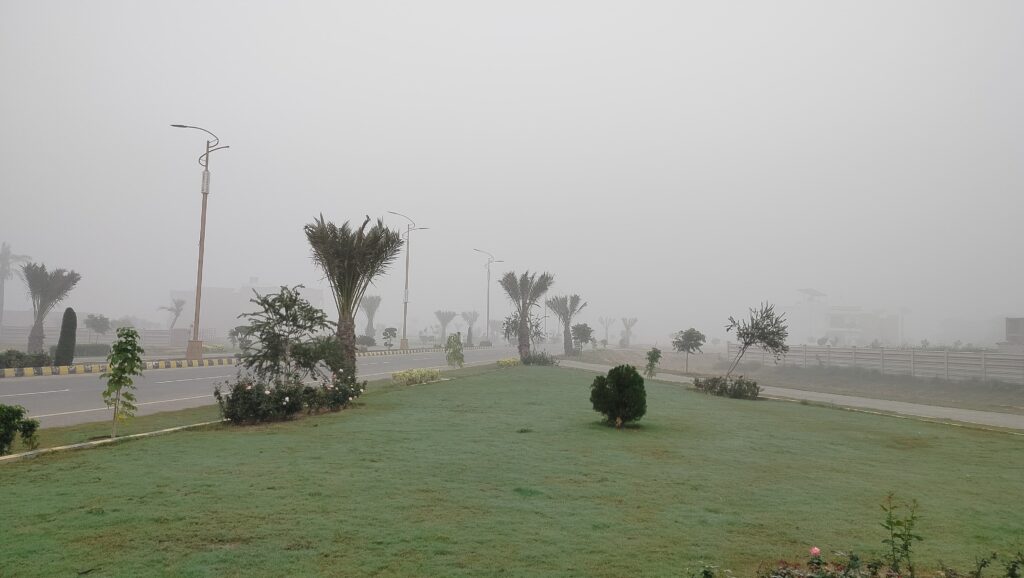Introduction:
The Pakistan Resolution, passed on March 23, 1940, in Lahore, was a historic event that laid the foundation for the creation of Pakistan. Also known as the Lahore Resolution, it was a defining moment in the struggle for a separate Muslim state in the Indian subcontinent. This resolution provided the ideological and political basis for Pakistan’s independence, making it one of the most significant milestones in South Asian history.

Background and Historical Context:
Before the Pakistan Resolution, Muslims in British India faced political and economic challenges under colonial rule. They feared that their rights would be overshadowed in a Hindu-majority India after independence from the British. The demand for a separate Muslim state arose due to religious, cultural, and political differences.
The idea of a distinct Muslim identity was reinforced by Allama Iqbal, who envisioned an independent Muslim state in his famous Allahabad Address in 1930. Later, the All India Muslim League, under the leadership of Quaid-e-Azam Muhammad Ali Jinnah, formally advocated for this demand.
On March 23, 1940, during the All India Muslim League’s annual session at Minto Park, Lahore, the Pakistan Resolution was presented by A.K. Fazlul Huq, the Prime Minister of Bengal. This resolution rejected the concept of a united India and called for the establishment of independent states in Muslim-majority regions of India.

Key Points of the Pakistan Resolution:
The Pakistan Resolution stated:
- Muslim-majority regions in northwest and eastern India should be grouped into independent states where Muslims could live according to their religious, cultural, and political beliefs.
- Protection of minority rights was emphasized, ensuring religious freedom for all communities.
- The resolution did not mention the name “Pakistan” explicitly, but it laid the foundation for a separate Muslim homeland.
This historic declaration unified Muslims across India under a single cause, strengthening the demand for an independent Pakistan.

Impact and Significance:
The Pakistan Resolution marked a turning point in the freedom struggle of Indian Muslims. It provided a clear and structured goal for the Muslim League and reinforced Jinnah’s vision of “Two-Nation Theory”, which argued that Hindus and Muslims were two distinct nations with different religious, social, and cultural identities.
The British government and Indian National Congress initially dismissed the resolution, but it gained momentum in the following years. The growing political movement, coupled with mass support, eventually led to the partition of India and the creation of Pakistan on August 14, 1947.

Pakistan Day Celebrations:
March 23 is celebrated annually in Pakistan as Pakistan Day to commemorate the passage of the Pakistan Resolution. The day begins with special prayers, a military parade in Islamabad, and a national address by the President and Prime Minister. People across Pakistan mark the day by hoisting the national flag, organizing cultural programs, and remembering the sacrifices of the leaders and people who fought for Pakistan’s independence.

Conclusion:
The Pakistan Resolution was the cornerstone of Pakistan’s independence movement. It symbolized unity, resilience, and the determination of Indian Muslims to secure their own homeland. Without this historic resolution, the creation of Pakistan might not have been possible.
On Pakistan Day, let us remember the vision of our founding leaders and strive to build a stronger and more prosperous Pakistan. Pakistan Zindabad!


